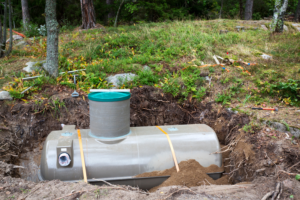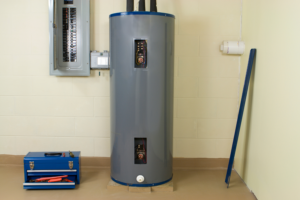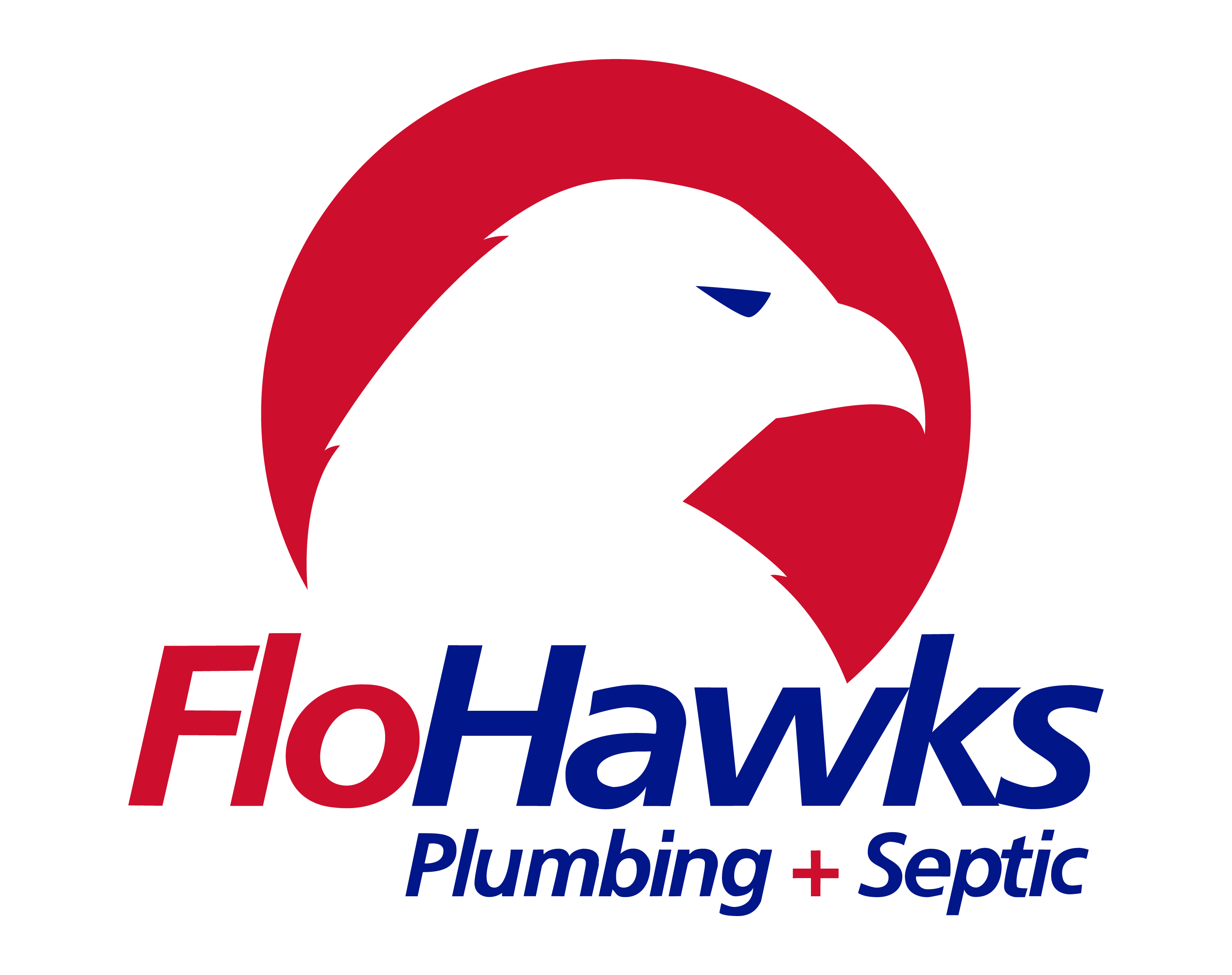In survival situations, boiling water is an easy and relatively effective way to turn non-potable water into water that’s safe for drinking. If you ever have to pull water from a moving stream or creek, boiling it for a sufficient period of time at sufficiently high heat will kill off many harmful bacteria, viruses, and protozoa. However, if you’re thinking about boiling the water from the tap in your Puyallup, Washington home to increase its purity, you should think again. There are far too many impurities that boiling water cannot get rid of to make this a reliable, long-term solution.
Why Boiling Water Doesn’t Work for Long-Term Use
Boiling water is a reasonable water purification method when no other methods or water supplies exist. However, when it comes to purifying the water that comes out of your tap, bacteria, viruses, and protozoa aren’t the most likely concerns. Local municipalities throughout Western Washington treat public water supplies to remove these things. They use generous amounts of chloramines and chlorine as part of their treatment processes. Boiled water kills organic contaminants, but it won’t remove inorganic contaminants like these and other chemicals.
At home, many consumers find that their drinking water is cloudy. This can be the result of aeration, but if clouding doesn’t quickly clear after tap water has been collected, it may mean that there’s sediment in the water from a poorly maintained water heater. Cloudy tap water can also be contaminated with exceedingly small-sized particulates from silt, sand, or gravel. Boiling water will not remove these particulates.
It’s also important to consider the contaminants that you can’t see and that don’t cause clouding. In addition to the chlorine and chloramines that are used in municipal water treatments, these can include many other harmful toxins such as lead, pesticides, herbicides, nitrates, and more. If you have hard water in your home, you’ll also have high levels of minerals like calcium and magnesium. Although these minerals are essential for human health, getting too much of them in your water supply can be detrimental. More importantly, hard water does not contain essential minerals in any form that is bio-available or actually beneficial to the human body. Boiling your water will not remove these minerals either.
Why Boiled Water Tastes Flat
When you boil water, dissolved oxygen is released as the water bubbles. When boiled water has cooled and is ready to consume, you’ll find that it has a noticeably “flat” and unpleasant taste. Although you can aerate boiled water manually to improve its flavor, it won’t be as refreshing as water that was purified in other ways.
The Risks of Consuming Boiled Water on a Regular Basis
The chemical contaminants that boiling water doesn’t remove can also undergo heat-related changes that make them more dangerous than they were before your water was “purified” at all. Although boiling is a good way to get rid of harmful, waterborne microorganisms in a pinch, it’s not reliable enough to ensure water safety in the long term. Some microorganisms take longer than others to die off when subjected to high temperatures, and some might not succumb to high temperatures at all.
If you believe that there are problems with the water quality in your home, having your water supply tested is important. This is the surest way to determine which water treatment method will work best. Your home may benefit from a whole-house filter, a whole-house water softener, or both of these water treatment systems working together.
At [company_name], we provide a complete range of plumbing, drain field, and septic services to residents of the greater Puyallup, Washington area. If you want help improving the water quality in your home, we can provide it. Call us today for an appointment.


